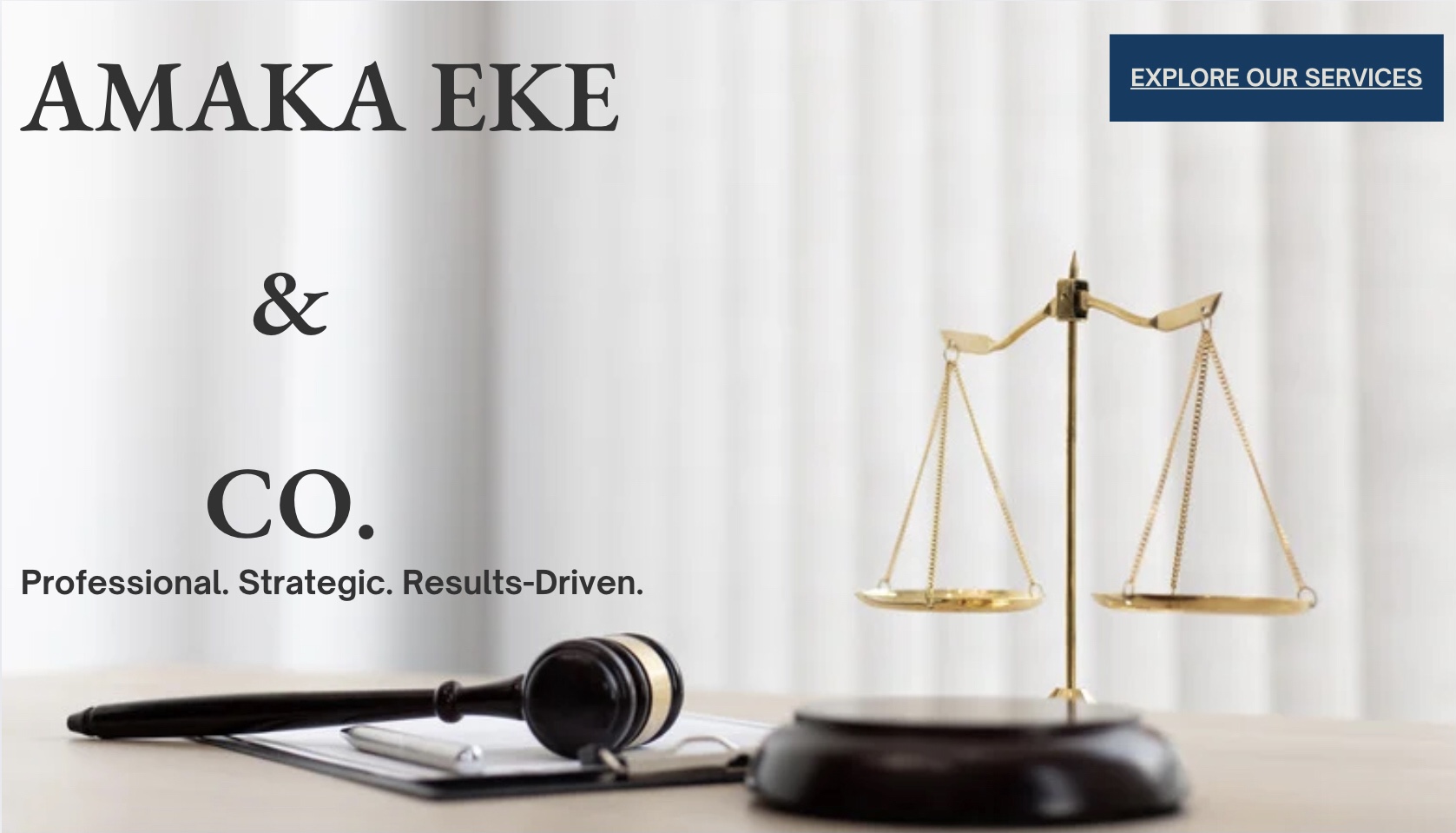In Nigeria, safeguarding intellectual property, ensuring regulatory compliance, and fulfilling tax obligations are crucial for business success. This comprehensive guide outlines the processes for registering trademarks, patents, copyrights, obtaining NAFDAC approval, acquiring a SCUML certificate, and securing a Tax Identification Number (TIN) and Tax Clearance Certificate (TCC). Additionally, it is advisable to engage the services of a lawyer or qualified professional to assist with these processes.
1. Trademark Registration
What is a Trademark?
A trademark is a sign capable of distinguishing the goods or services of one enterprise from those of others. It can be a word, logo, symbol, or combination thereof.
Steps to Register a Trademark:
1. Search for Existing Trademarks:
Conduct a search on the Nigerian Trademark Database through the Trademarks Registry to ensure your proposed trademark is not already in use.
2. File an Application:
Submit your application to the Trademarks Registry at the Federal Ministry of Industry, Trade, and Investment. Include:
• A representation of the trademark
• The goods or services associated with the trademark
• The applicant’s details
3. Examination:
The application will be examined for legal compliance.
4. Publication:
If accepted, the trademark will be published in the Trade Marks Journal to allow for opposition.
5. Registration:
If no opposition is filed, the trademark will be registered, and a certificate of registration will be issued.
References:
• Federal Ministry of Industry, Trade, and Investment website
• Trademarks Registry Guidelines
2. Patent Registration
What is a Patent?
A patent provides protection for new inventions or discoveries, granting exclusive rights to use, manufacture, and sell the invention.
Steps to Register a Patent:
1. Patent Search:
Conduct a search to ensure your invention is novel and not previously patented.
2. Prepare Patent Application:
Include:
• A description of the invention
• Claims defining the scope of protection
• Drawings or diagrams if applicable
3. File the Application:
Submit your patent application to the Patents and Designs Registry under the Federal Ministry of Industry, Trade, and Investment.
4. Examination:
The application will be examined for compliance with patent requirements and novelty.
5. Grant of Patent:
If approved, a patent certificate will be issued.
References:
• Nigerian Patent and Designs Registry website
• Patents Act
3. Copyright Registration
What is Copyright?
Copyright protects original works of authorship such as literary, artistic, musical, and dramatic works.
Steps to Register Copyright:
1. Prepare the Work:
Ensure your work is original and fixed in a tangible medium.
2. Submit an Application:
Register with the Nigerian Copyright Commission (NCC). Include:
• A completed registration form
• A copy of the work
• Proof of authorship
3. Examination and Registration:
NCC will review your application and, if approved, issue a copyright certificate.
References:
• Nigerian Copyright Commission website
• Copyright Act
4. NAFDAC Registration
What is NAFDAC Registration?
NAFDAC (National Agency for Food and Drug Administration and Control) registration is required for marketing and distributing food products, drugs, cosmetics, medical devices, and chemicals in Nigeria.
Steps to Register with NAFDAC:
1. Prepare Required Documents:
Gather documents such as:
• A completed application form
• Certificate of incorporation
• Product samples
• Manufacturing processes
• Labels and packaging
2. Submit Application:
Submit your application and documents to NAFDAC. This includes filling out the appropriate forms and paying the required fees.
3. Product Evaluation:
NAFDAC will conduct an evaluation of the product, including laboratory tests if necessary.
4. Approval and Registration:
If the product meets all regulatory requirements, NAFDAC will issue an approval or registration number.
References:
• NAFDAC website
• NAFDAC Registration Guidelines
5. SCUML Certificate
What is a SCUML Certificate?
SCUML (Special Control Unit Against Money Laundering) certification is required for businesses engaged in financial sector activities to prevent money laundering.
Steps to Obtain a SCUML Certificate:
1. Register with SCUML:
Apply for registration with SCUML, a unit under the Economic and Financial Crimes Commission (EFCC).
2. Submit Required Documents:
Prepare and submit documents including:
• A completed SCUML application form
• Company registration documents
• Proof of business activities
• Details of business owners and management
3. Compliance Check:
SCUML will review your application and perform compliance checks.
4. Receive SCUML Certificate:
Once approved, SCUML will issue a certificate of registration.
References:
• SCUML website
• SCUML Registration Guidelines
6. Tax Identification Number (TIN) and Tax Clearance Certificate (TCC)
What is a TIN?
A TIN (Tax Identification Number) is a unique identifier assigned to individuals and businesses for tax purposes.
Steps to Obtain a TIN:
1. Prepare Required Documents:
Gather documents such as:
• Completed TIN application form
• Certificate of incorporation (for businesses)
• Valid identification (for individuals)
• Proof of address
2. Apply Online or In-Person:
Apply for a TIN online via the Federal Inland Revenue Service (FIRS) website or in person at a FIRS office.
3. Receive TIN:
After processing, you will receive your TIN.
References:
• Federal Inland Revenue Service (FIRS) website
• TIN Application Form
What is a TCC?
A TCC (Tax Clearance Certificate) is an official document confirming that an individual or business has paid all due taxes.
Steps to Obtain a TCC:
1. Ensure Tax Compliance:
Ensure that all tax obligations for the relevant period are fulfilled.
2. Apply for TCC:
Submit an application for TCC to FIRS, including:
• Completed TCC application form
• Evidence of tax payments
• Company or personal identification
3. Receive TCC:
Upon review and confirmation of tax compliance, FIRS will issue the TCC.
References:
• Federal Inland Revenue Service (FIRS) website
• TCC Application Guidelines
Disclaimer:
The information provided in this blog post is intended for general guidance only and does not constitute legal or financial advice. It is highly advisable to engage the services of a qualified lawyer or professional to assist with the registration and compliance processes to ensure accuracy and adherence to all legal and regulatory requirements.

Leave a Reply